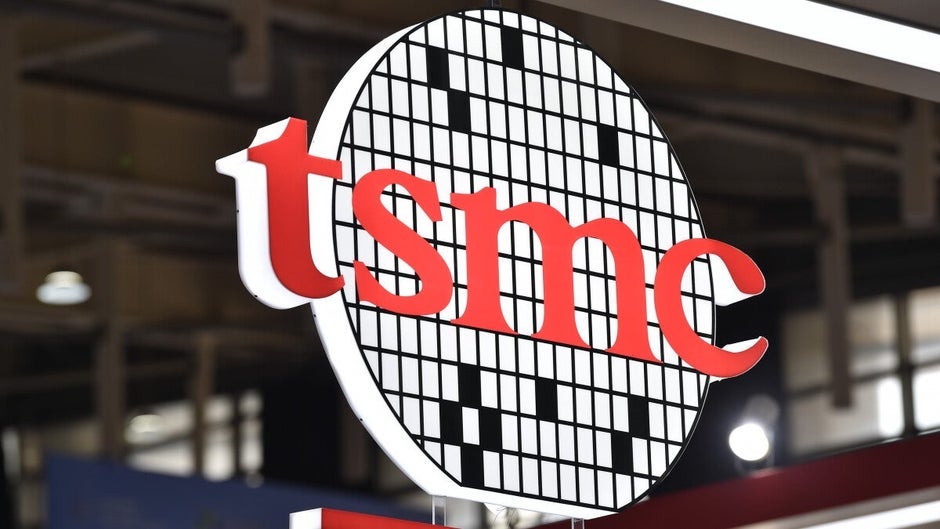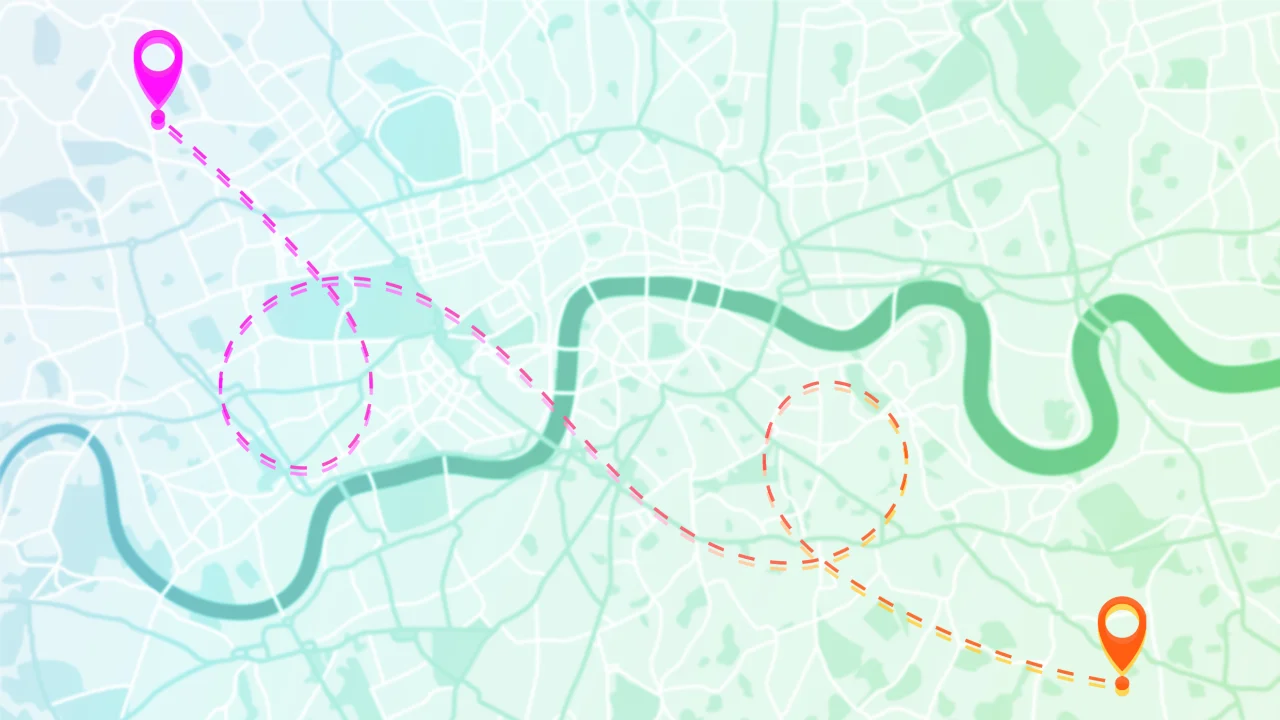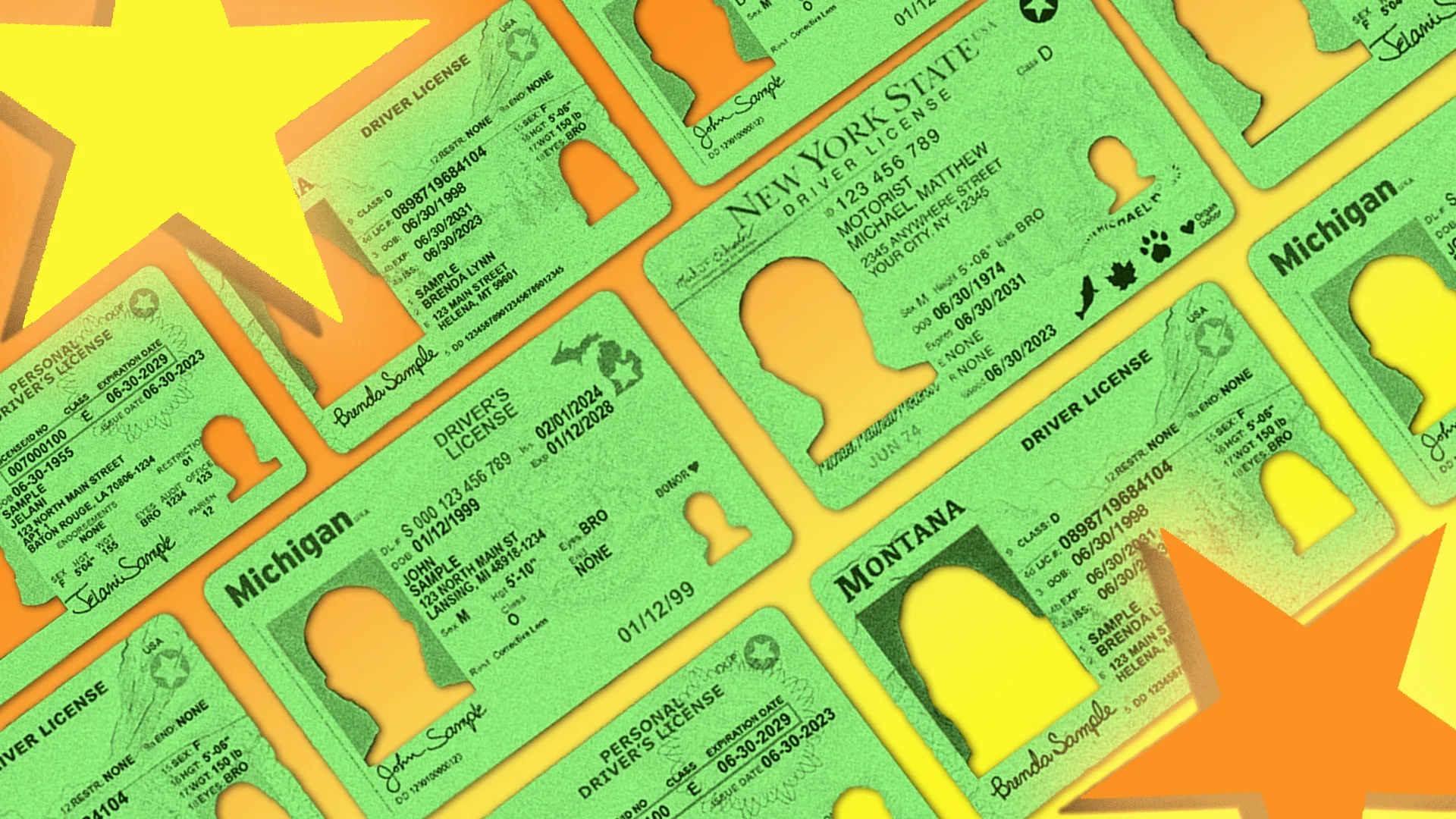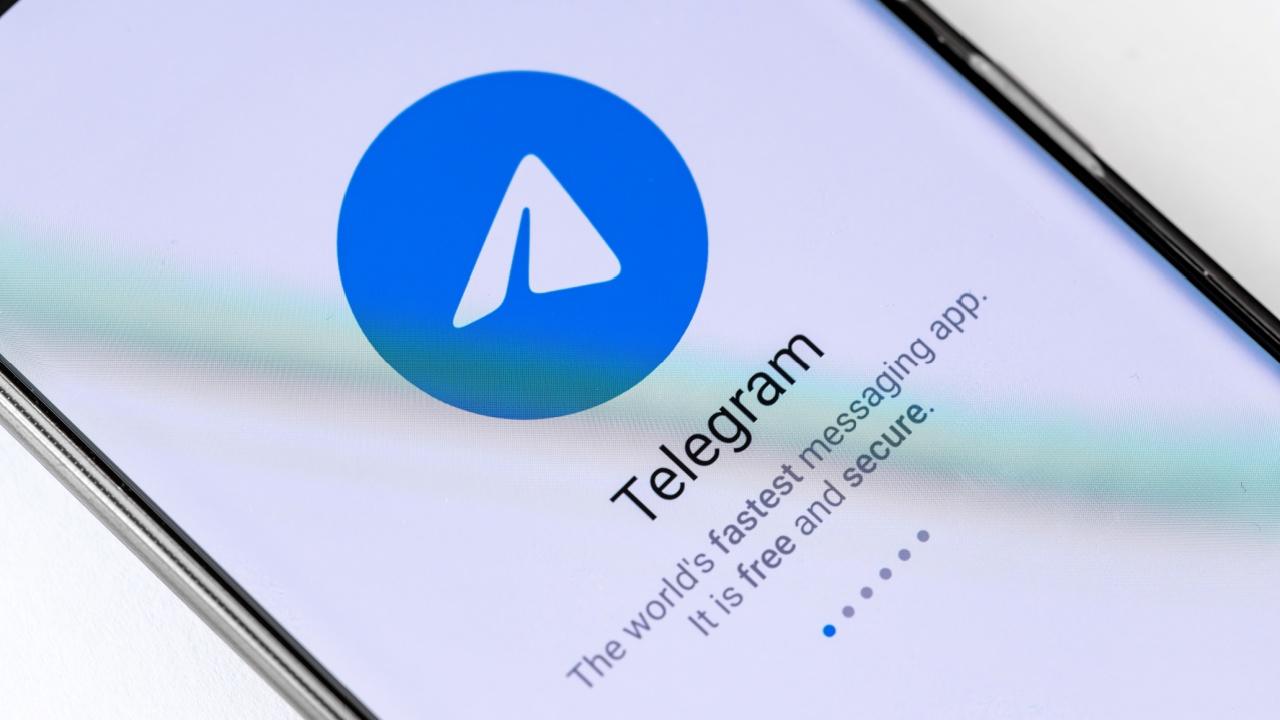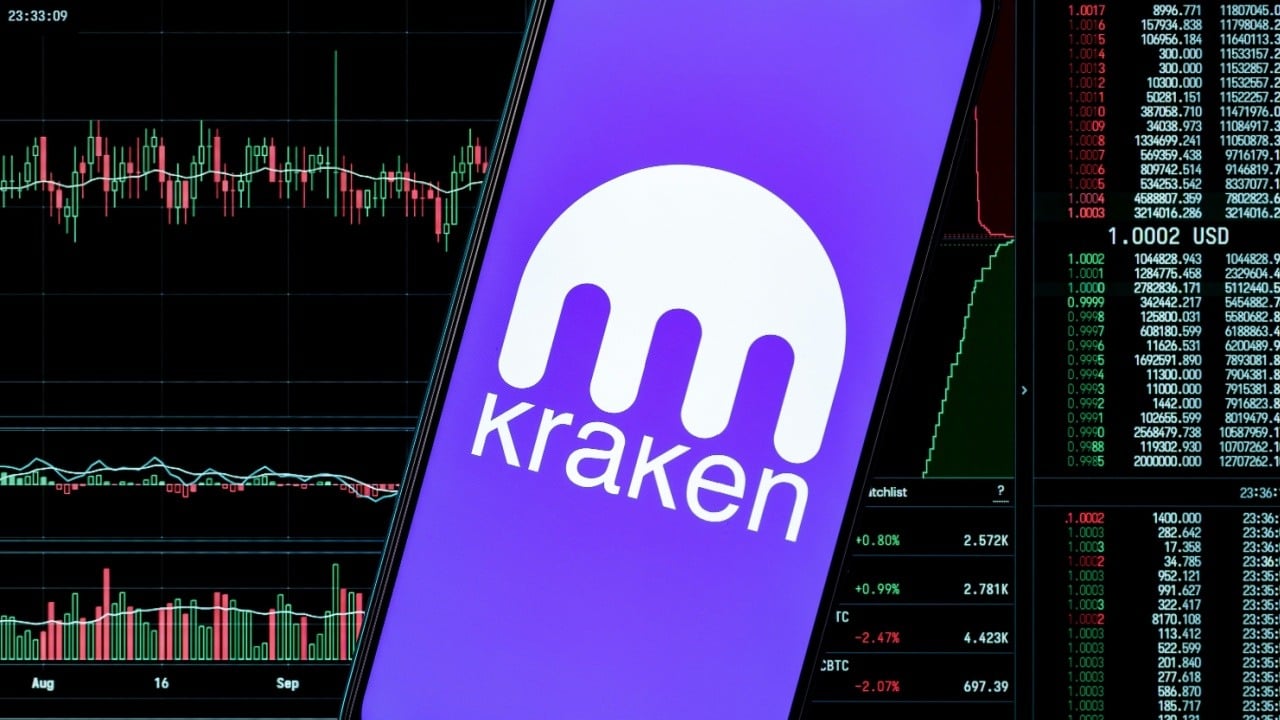Users React To Bluesky's Upcoming Blue Check Mark Verification System
Bluesky is testing a new verification system featuring blue checks issued by "Trusted Verifiers" like news organizations, rather than a centralized authority or pay-to-play model like X (formerly Twitter). "Looking at the comments on the pull request, it's clear this idea has sparked a lot of discussion and a lot of concern among the community who follow the platform's development closely," reports Neowin. "Many users voiced strong opposition to the change, arguing that the existing domain name verification is sufficient and more aligned with the decentralized ethos that Bluesky aims for." From the report: There's a general worry that adding a visual badge, especially one controlled in part by Bluesky, feels too much like the centralized systems they were trying to escape from by joining Bluesky: "Do not want. BSky is not Twitter 2.0. Do not become like Elon Musk. We came here to get AWAY from that bs." Several commenters also expressed that the current domain name system, while not perfect, is an elegant and decentralized way to build trust, and that adding this new layer feels redundant and gives too much power to centralized entities, including Bluesky itself: "Let's please not do this. Domain names as user IDs is an elegant solution as a system of trust that builds off the infrastructure of an open web." While the majority of the initial reaction seems negative, focusing on concerns about centralization and the value of the existing domain verification, there was some support for the idea of a visual badge, making it easier to quickly identify genuine accounts. One user commented: "I support this change. I like someone to verify that the account is indeed genuine and the username field showing the domain isn't helpful that much... A badge makes it easier to just tick it off that it's genuine." The PR author, estrattonbailey, later added a description to the pull request explaining that the goal is a "stronger visual signal" for notable accounts and clarifying it's not a paid service. Read more of this story at Slashdot.

Read more of this story at Slashdot.




























![[Webinar] AI Is Already Inside Your SaaS Stack — Learn How to Prevent the Next Silent Breach](https://blogger.googleusercontent.com/img/b/R29vZ2xl/AVvXsEiOWn65wd33dg2uO99NrtKbpYLfcepwOLidQDMls0HXKlA91k6HURluRA4WXgJRAZldEe1VReMQZyyYt1PgnoAn5JPpILsWlXIzmrBSs_TBoyPwO7hZrWouBg2-O3mdeoeSGY-l9_bsZB7vbpKjTSvG93zNytjxgTaMPqo9iq9Z5pGa05CJOs9uXpwHFT4/s1600/ai-cyber.jpg?#)











































































































































![[The AI Show Episode 144]: ChatGPT’s New Memory, Shopify CEO’s Leaked “AI First” Memo, Google Cloud Next Releases, o3 and o4-mini Coming Soon & Llama 4’s Rocky Launch](https://www.marketingaiinstitute.com/hubfs/ep%20144%20cover.png)
















































































































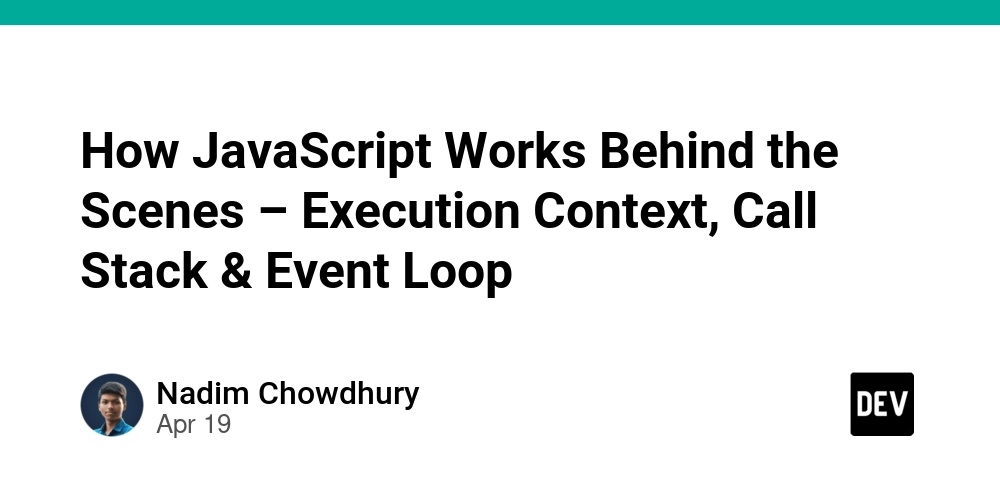


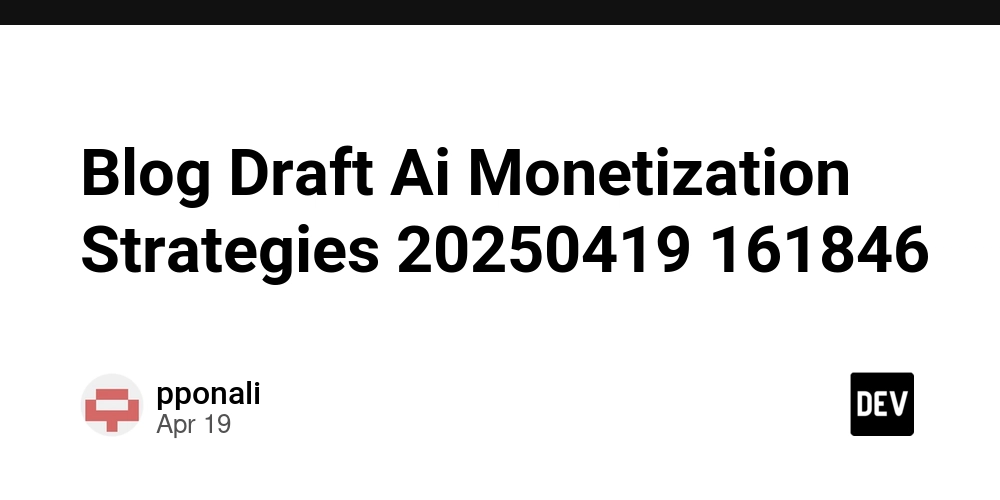









![[FREE EBOOKS] Machine Learning Hero, AI-Assisted Programming for Web and Machine Learning & Four More Best Selling Titles](https://www.javacodegeeks.com/wp-content/uploads/2012/12/jcg-logo.jpg)








































































![Rogue Company Elite tier list of best characters [April 2025]](https://media.pocketgamer.com/artwork/na-33136-1657102075/rogue-company-ios-android-tier-cover.jpg?#)








































































_Andreas_Prott_Alamy.jpg?width=1280&auto=webp&quality=80&disable=upscale#)





























































































![What’s new in Android’s April 2025 Google System Updates [U: 4/18]](https://i0.wp.com/9to5google.com/wp-content/uploads/sites/4/2025/01/google-play-services-3.jpg?resize=1200%2C628&quality=82&strip=all&ssl=1)










![Apple Watch Series 10 Back On Sale for $299! [Lowest Price Ever]](https://www.iclarified.com/images/news/96657/96657/96657-640.jpg)
![EU Postpones Apple App Store Fines Amid Tariff Negotiations [Report]](https://www.iclarified.com/images/news/97068/97068/97068-640.jpg)
![Apple Slips to Fifth in China's Smartphone Market with 9% Decline [Report]](https://www.iclarified.com/images/news/97065/97065/97065-640.jpg)

















































